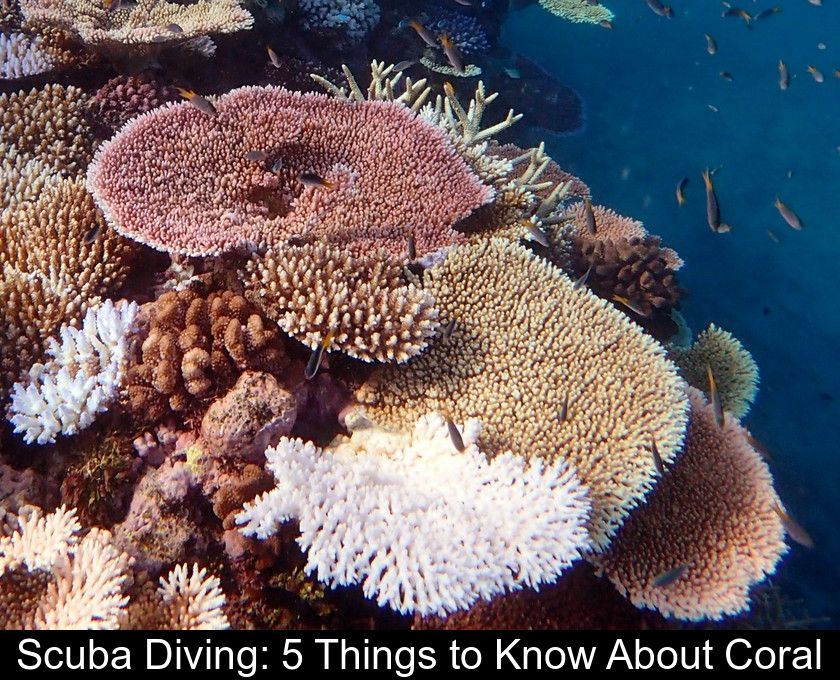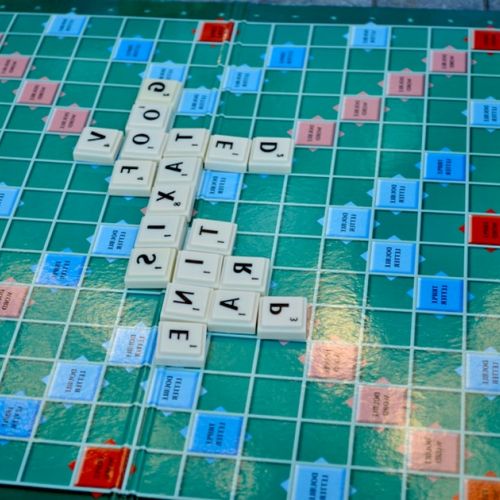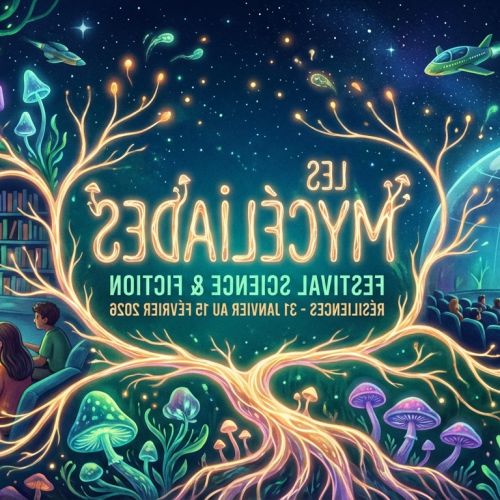Scuba Diving: 5 Things To Know About Coral
Coral reefs are among the oldest and most primitive life forms on our planet. This fascinating life form is believed to have appeared in the oceans at least 500 million years ago. Today, with global warming and record ocean temperatures, corals are bleaching and threatened with extinction. Here are 5 things to know about coral.
Coral is an animal.
Contrary to what one might think, coral is neither a plant nor a mineral. It is an animal belonging to the branch of Cnidarians.
Corals, which generally live in colonies, build an external skeleton throughout their lives from minerals present in the ocean.
In reef-building corals, the accumulation of these rigid skeletons forms what is called a coral reef.
There are different forms of coral.
Even though we are most familiar with the red coral of the Mediterranean, corals can display the most diverse colors and shapes.
They provide a spectacle of remarkable variety for scuba diving enthusiasts: cushions bristling with spikes, giant umbrellas, laces...
Among the many species of corals, scientists distinguish between two classes:
• 8-tentacled corals or "octocorals" such as red coral (Corallium rubrum), fire coral, sea fans, or soft corals.
• corals with multiple tentacles in multiples of 6 or "hexacorals" equipped with an external calcareous skeleton.
3- The red coral is believed to have originated from the blood of Medusa.
Corals have always fascinated humans, as evidenced by remnants dating back to Prehistory. In the Mediterranean, red coral has been fished since ancient times to create objects and jewelry. During the Middle Ages, corals were attributed various magical properties and were used as talismans against witchcraft.
In Greek mythology, the origin of red coral is linked to the legend of Perseus. After defeating Medusa, the hero supposedly placed the gorgon's head on a cushion of seaweed. It, soaked in blood, turned to stone to give birth to coral.
Coral reefs promote biodiversity.
In all the seas where they are found, corals provide habitat for a great number of other species and live in symbiosis with plants and animals.
Coral reefs create complex marine ecosystems and are among the world's richest environments in terms of biodiversity.
The Great Barrier Reef off the coast of Australia, the coral reef of New Caledonia, and the coral reefs of the Red Sea are good examples.
Coral is threatened by the warming of the oceans.
Corals were initially threatened by their use in jewelry. Today, they are primarily suffering from pollution and climate change.
According to the United States National Oceanic and Atmospheric Administration (NOAA), the world is experiencing, in 2024 and for the second time in a decade, a massive coral bleaching event. This phenomenon, observed around the globe, can be attributed to record ocean temperatures. The average surface ocean temperature has reached 21.07°C, as reported by the European Copernicus observatory, setting an unprecedented record.
Coral decline, evidenced by their discoloration, can lead to the death of these living organisms in cases of prolonged or severe exposure to thermal stress. The NOAA estimates that the planet has already lost between 30 to 50% of its coral reefs and that corals could completely vanish by the end of the century if no action is taken.
The only glimmer of hope: scientists have observed that bleaching is a reversible phenomenon. Affected corals can survive if water temperatures decrease and if other stress factors, such as overfishing or pollution, are reduced.








